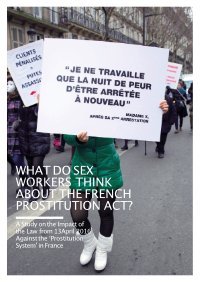By Blyth Crawford
This report examines the often under‑studied connections between antisemitism and anti‑gender sentiment within the neofascist militant accelerationist (NMA) movement. It considers the central importance of family within the NMA mission to maintain white racial ‘purity’, before outlining dominant antisemitic conspiracy theories prevalent between accelerationist movements such as the ‘Great Replacement’. Closely related is the ‘Cultural Marxism’ conspiracy theory which is a key point of focus of this paper. This narrative frames Jewish people as having disproportionate influence within cultural institutions, such as the media, with Jews often imagined as using this power to influence society subtly in a variety of ways that might lead to the white race being ‘replaced’. In particular, this report focuses on how the NMA movement imagines Jewish people as influencing sexual politics in ways that are regarded as being ‘anti‑family’ and therefore constitute a threat to the white race.
Key Findings
The rigid conceptions of what constitutes a ‘real’ family typical among NMA movements has direct implications for sex and gender norms. Any sexuality or aspect of sexual politics that falls outside these strict constructions is regarded as a threat to the white race and is attributed to hostile Jewish influence.
NMA groups’ anti‑gender narratives therefore constitute a multi‑pronged threat, combining hatred towards feminists and the LGBTQ+ community with antisemitism.
London: ICSR King’s College London 2022. 40p.








